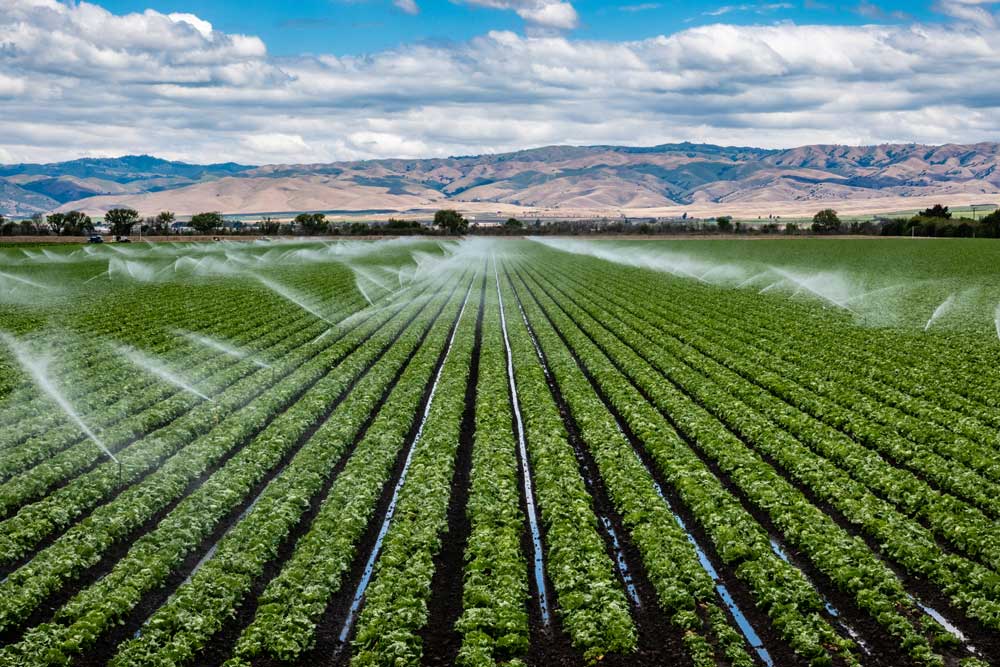In times of challenge, the fresh produce industry has always united to safeguard public health. For instance, following the 2007 E. Coli outbreak that sickened over 200 individuals, California established the California Leafy Green Marketing Association (LGMA). This initiative has since played a vital role in ensuring the safety of leafy greens and rebuilding trust in the state’s food safety protocols. Which brings us to Cybersecurity Awareness Month.
Today, however, a new threat looms: cyberattacks targeting our food supply. For example, in 2021, JBS, one of the largest meat processors in the U.S., suffered a ransomware attack that disrupted more than 25% of the nation’s meat supply. As cyber threats escalate daily, it is imperative that we prioritize cybersecurity within our food systems.
October marks National Cybersecurity Awareness Month, a time dedicated to uniting public and private sectors in educating the public about the dangers posed by cyberattacks. Protecting our nation’s critical infrastructure—including agriculture and food supply—has never been more crucial.
Recent statistics underline this urgency: in 2020, data breaches among U.S. agriculture companies surged by 600% compared to the previous year, according to Kroll LLC. The U.S. Department of Homeland Security has identified agriculture as one of the top 15 sectors most vulnerable to cyber threats.
The food supply chain is intricate, involving multiple stakeholders—from growers and suppliers to processors, distributors, and retailers. Each link in this chain is interdependent, and an attack on one can reverberate throughout the entire system. With increasing reliance on technology, the risks are magnified.
A sophisticated cyberattack could not only disrupt food availability but also erode public trust in our food systems. As technology adoption accelerates, so do the opportunities for cybercriminals, making the risks associated with agroterrorism a pressing concern we cannot overlook.
To combat these threats, agriculture companies—regardless of their position in the supply chain—must implement robust technology standards designed to identify, protect, detect, respond, and recover from cyber incidents. Regular security reviews also form a critical part of that strategy.
Recently, ProduceSupply.org established the Cybersecurity Committee, focusing on security, information sharing, community building, and standard-setting. Their efforts led to the creation of the PSO Cybersecurity Best Practices for Produce Suppliers, providing actionable guidance for safeguarding organizations against cyberattacks.
Through these initiatives, we aim to fortify the food supply chain.
The ongoing work of PSO will deliver valuable insights for effective implementation, fostering a collaborative environment where industry members can share knowledge based on collective experiences.
As every company increasingly becomes a technology-driven entity, it is crucial to ensure that all technological assets are protected. Establishing the right infrastructure to withstand attacks and enabling swift recovery is essential. With appropriate industry standards, this goal is attainable.

To elevate the conversation on cybersecurity in the fresh produce and agriculture sectors, ZAG is excited to participate in the upcoming International Fresh Produce Association Global Produce & Floral Show, taking place from October 17-19 in Atlanta, Georgia. Visit us at Booth #C1115 to discuss how to secure your business, leverage technology for competitive advantage, and navigate the cybersecurity landscape. We look forward to connecting with you at the show!



